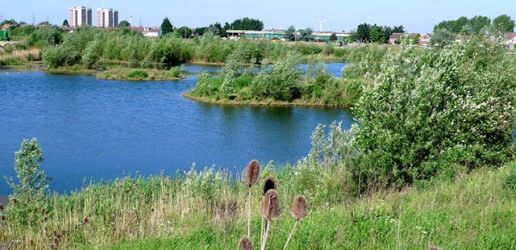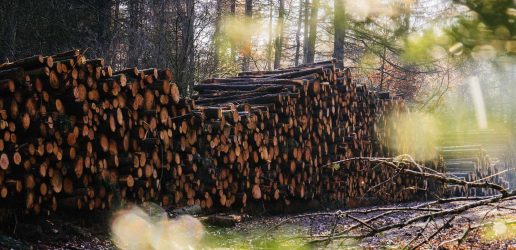Forest Research (FR) has received certification to ISO14001:2015 after approval by Lloyd’s Register Quality Assurance Ltd (LRQA).
Following a visit by the Assessment Team in October, FR was judged to be complying with the requirements for an internationally-recognised environmental management system.
The certification is awarded under the terms of the United Kingdom Accreditation Service (UKAS).
FR’s Chief Scientist, Professor Chris Quine said:
“As Great Britain’s principal organisation for forestry and tree-related research, Forest Research is internationally renowned for the provision of high quality science, evidence, data and services in support of both forest policy and sustainable forest management.
It is essential that the current success and future growth of the organisation is under-pinned by sustainable environmental management and we are delighted that our efforts have been recognised through certification to ISO14001:2015. We look forward to working in partnership with our staff, stakeholders and Lloyd’s Register Quality Assurance to continually improve our performance.”
FR was previously certified to ISO14001:2004 and is now amongst the first wave of organisations certified to the newer and more demanding ISO14001:2015.
Recent News
View All news
New land regeneration resources for creating green spaces on previously used land now available
The new resources bring together the latest learnings on land regeneration and climate change, and optimal soil thickness for planting on previously used land.

New national survey launched to strengthen plant pest and disease detection across UK horticulture
UK horticulture and landscaping businesses invited to take part in survey to strengthen non-native plant pest and disease detection and reporting.
Forestry and timber businesses across the UK are being asked to take part in an annual survey programme to collect data about the UK timber industry.

New land regeneration resources for creating green spaces on previously used land now available
The new resources bring together the latest learnings on land regeneration and climate change, and optimal soil thickness for planting on previously used land.

New national survey launched to strengthen plant pest and disease detection across UK horticulture
UK horticulture and landscaping businesses invited to take part in survey to strengthen non-native plant pest and disease detection and reporting.
Forestry and timber businesses across the UK are being asked to take part in an annual survey programme to collect data about the UK timber industry.

